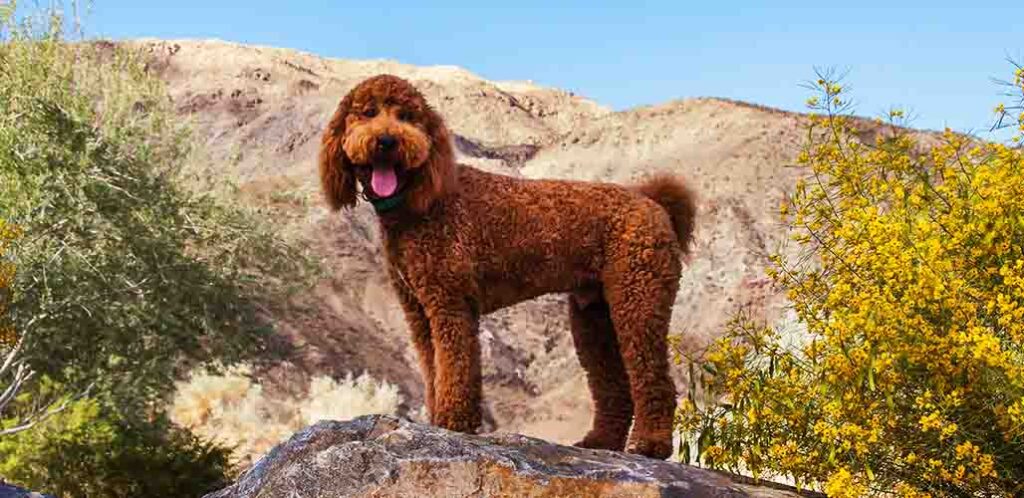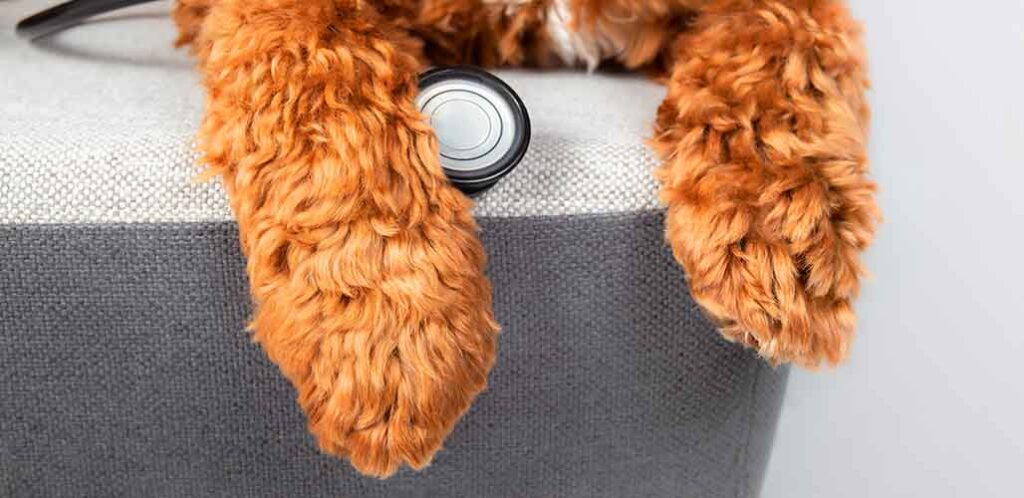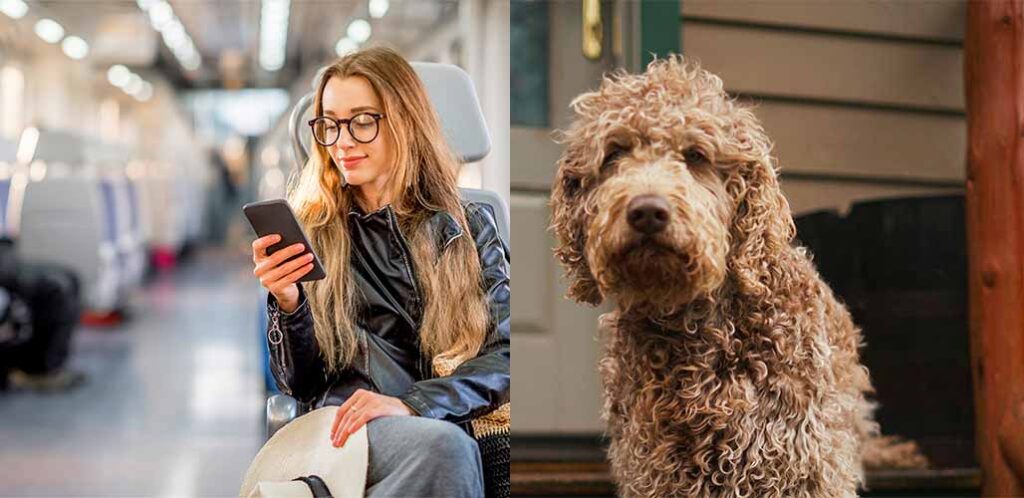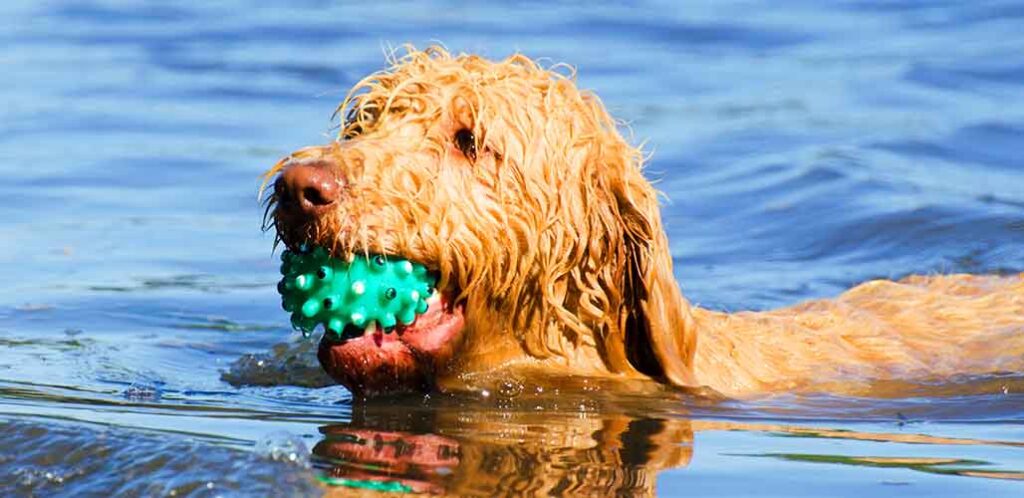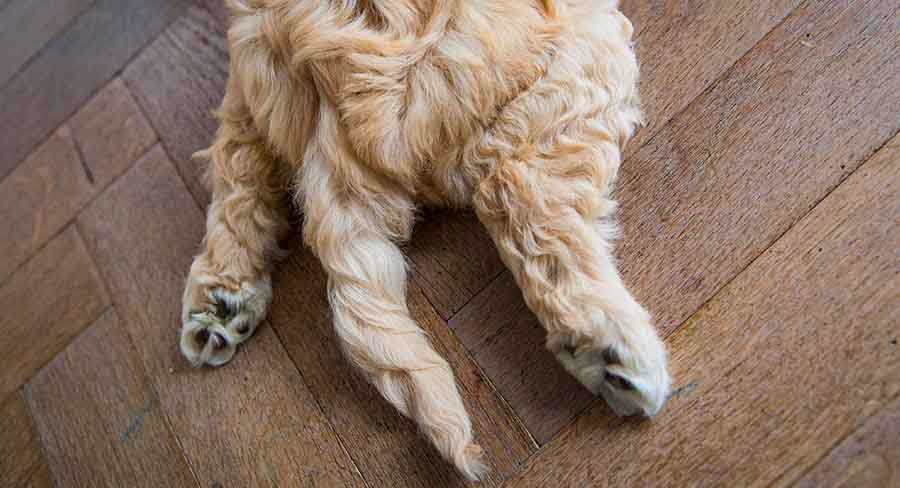Labradoodle History
Labradoodle history is a phenomenon unlike any other, and it has completely changed the dog breeding landscape. Labradoodles captured our imagination in the 1990s, and then exploded in numbers quicker than any canines that came before them. They started out as a mixed breed service dog for people with allergies, but they have become sought-after …

